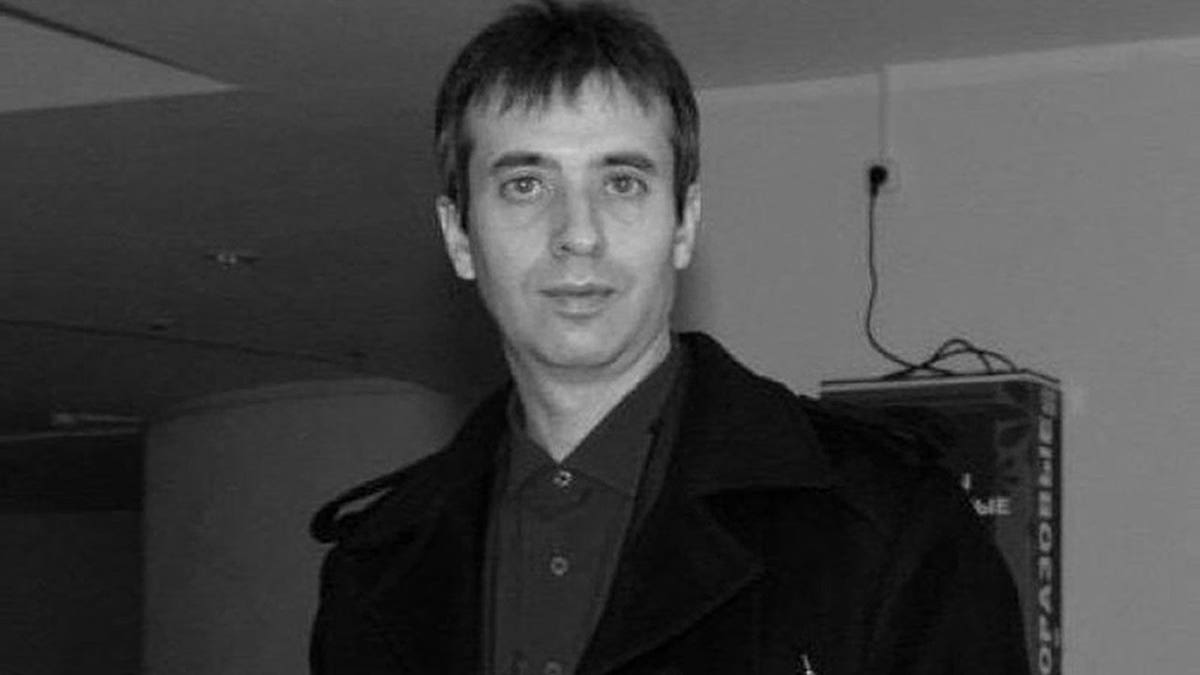Fox News Flash top headlines for January 15
Fox News Flash top headlines are here. Check out what's clicking on Foxnews.com.
- A political prisoner, Vadzim Khrasko, has died in a Belarusian prison due to inadequate medical care, according to the Viasna human rights center.
- Khrasko was serving a three-year sentence for supporting opposition groups labeled as "extremist" by authorities.
- Belarusian authorities have cracked down on opposition figures and activists following the disputed Aug. 2020 election, leading to mass protests.
A political prisoner has died in prison in Belarus after authorities failed to provide him with proper medical care, a human rights group said Monday, a death that spotlighted cruel conditions in Belarusian prisons.
Vadzim Khrasko died of pneumonia in a penal colony near the northeastern city of Vitebsk after prison authorities had been slow to take him to a hospital, ignoring his pleas for help, the respected Viasna human rights center said. He died on Jan. 9, but the penal colony only reported his death now.
Khrasko, an information technology specialist who died at the age of 50, was serving a three-year sentence on charges of offering donations to opposition groups that the authorities branded "extremist."
Political activist Leanid Sudalenka, who served his three-year term at the same penal colony, told The Associated Press after finishing his term that he nearly died when COVID-19 swept through the facility. He said that he and other political prisoners had to wear a yellow tag on their uniforms, so they’re easily identifiable to guards who he said routinely bullied, abused and humiliated them.

Vadzim Khrasko is seen in an undated photo. Khrasko died in prison in Belarus on Jan. 9 after authorities failed to provide him with proper medical care, according to a human rights group. (Viasna Human Rights Center via AP)
Sudalenka said that methods of bullying can range from punishment cells and complete information isolation, to refusing a meeting with a lawyer and the denial of medical care and medicine.
A few other prisoners haven’t survived incarceration, including artist Ales Pushkin, who died in July of a perforated ulcer after receiving no medical care, and Vitold Ashurak, whose body was turned over to his relatives in 2021 still bearing a head bandage.
Belarusian authorities have cracked down on opponents of authoritarian President Alexander Lukashenko after huge protests triggered by the August 2020 election that gave him a sixth term in office. The balloting was viewed by the opposition and the West as fraudulent.
BELARUS SEEKS LENGTHY PRISON TERMS FOR OPPOSITION LEADERS
Protests swept the country for months, bringing hundreds of thousands into the streets. More than 35,000 people were arrested, thousands were beaten in police custody and hundreds of independent media outlets and nongovernmental organizations were shut down and outlawed.
More than 1,400 political prisoners remain behind bars, including leaders of opposition parties and renowned human rights advocate and 2022 Nobel Peace Prize winner Ales Bialiatski.
Belarusian opposition leader-in-exile Sviatlana Tsikhanouskaya, who was forced to leave the country after challenging Lukashenko in the 2020 vote, called for an investigation into Khrasko's death.
"I received the tragic news of the death of political prisoner Vadzim Khrasko, due to inadequate medical care," Tsikhanouskaya said. "We must act now to prevent more deaths."










































